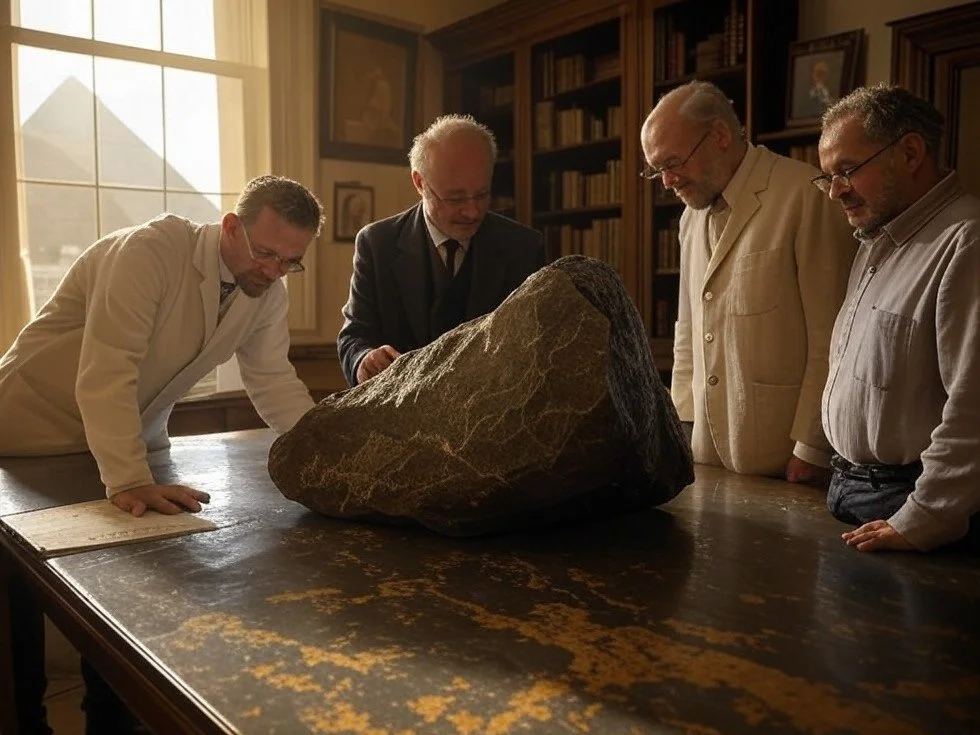The Rosetta Stone stands as one of the most significant archaeological discoveries in history, serving as the key to deciphering Egyptian hieroglyphs and revolutionizing the field of Egyptology. Unearthed in 1799, this artifact provided scholars with the linguistic bridge necessary to decode the mysteries of ancient Egyptian writing and culture.
Discovery of the Rosetta Stone
The Rosetta Stone was discovered by French soldiers in July 1799 during Napoleon’s campaign in Egypt. Found near the town of Rosetta (modern-day Rashid), the stone was embedded in the ruins of a fort. It was later seized by the British in 1801 and transported to the British Museum, where it remains today.
Role in Deciphering Hieroglyphs
What made the Rosetta Stone invaluable was its inscription, which contained the same text written in three scripts: Greek, Demotic, and Egyptian hieroglyphs. Scholars quickly realized that by comparing these parallel texts, they could unlock the long-lost meaning of hieroglyphic writing. The breakthrough came in the early 19th century when Jean-François Champollion successfully deciphered the hieroglyphs by recognizing the phonetic values of certain characters, linking them to the Greek text.
Impact on Egyptology
The decipherment of hieroglyphs opened new doors in the study of ancient Egyptian civilization. For the first time, scholars could read temple inscriptions, papyri, and other historical records, leading to a more profound understanding of Egyptian history, religion, and culture. This breakthrough established Egyptology as a formal academic discipline, inspiring generations of researchers to further explore the ancient world.
Conclusion
The discovery of the Rosetta Stone was a pivotal moment in archaeology and linguistics. By unlocking the secrets of Egyptian hieroglyphs, it transformed our understanding of one of the world’s most fascinating civilizations. Today, the Rosetta Stone remains a symbol of linguistic discovery and scholarly perseverance, continuing to captivate historians and archaeologists alike.







